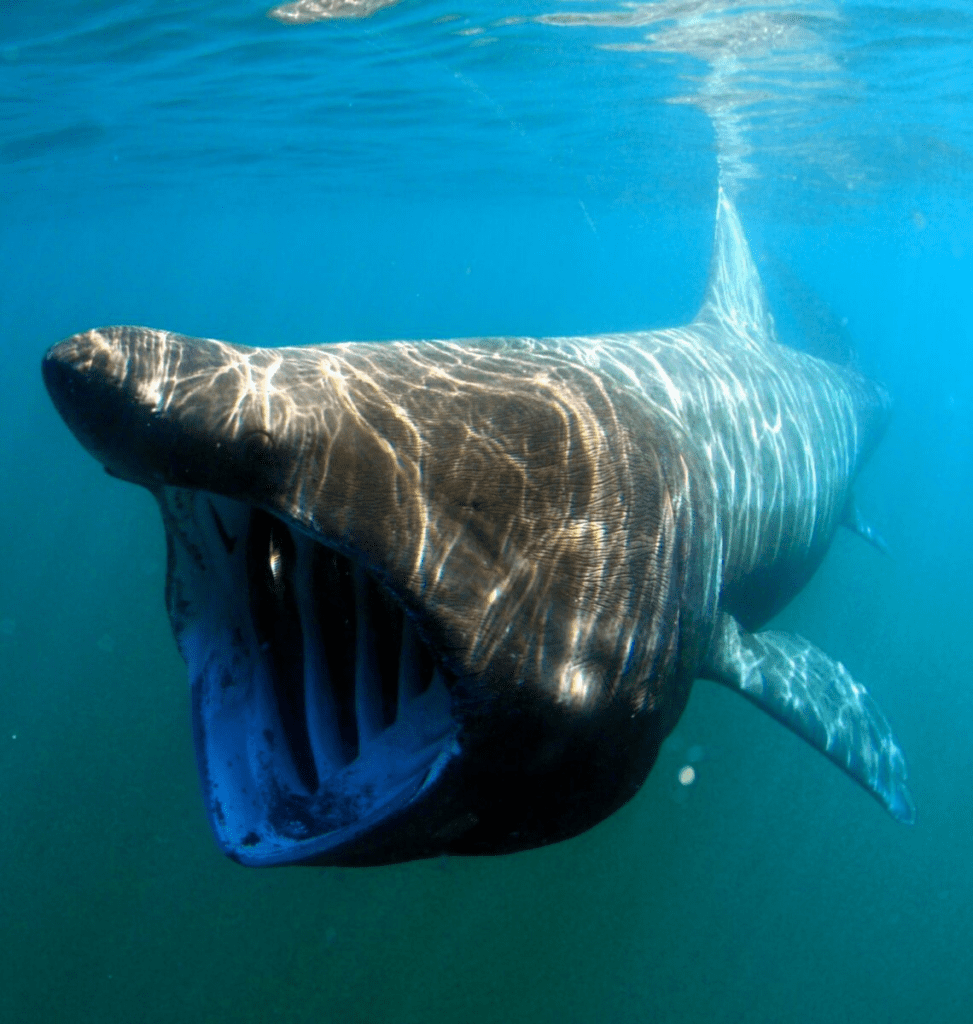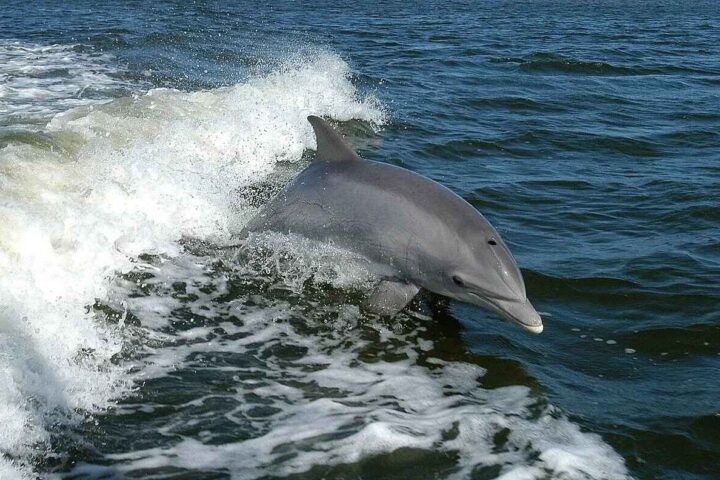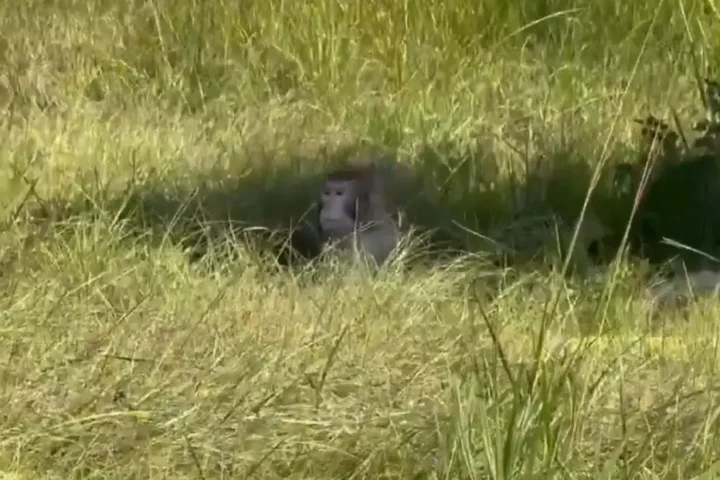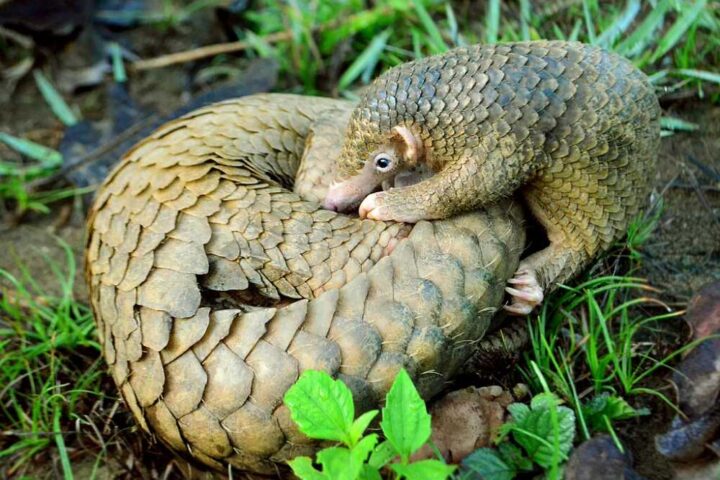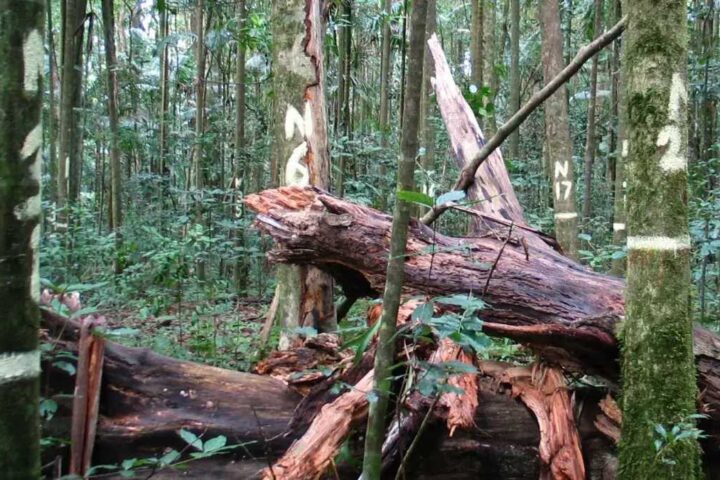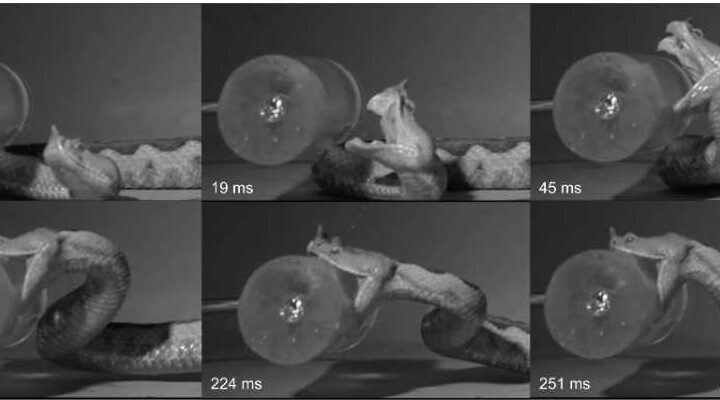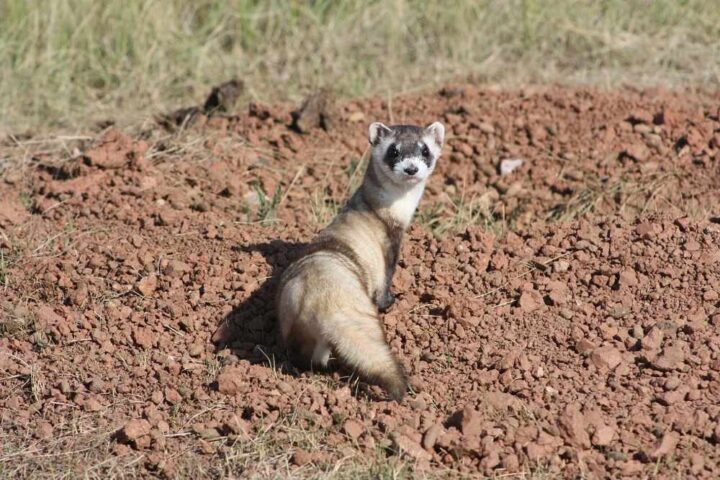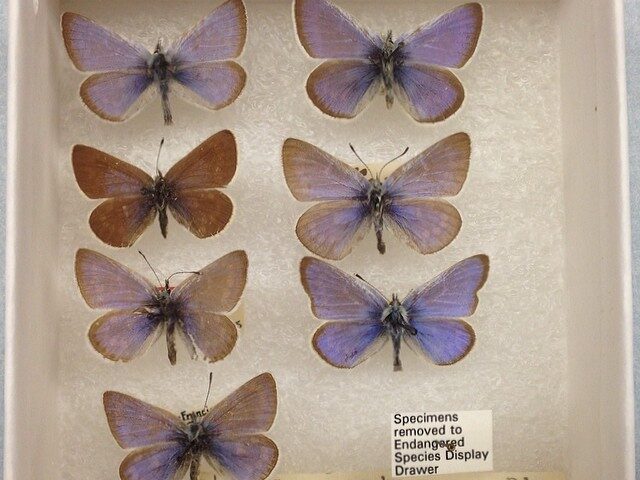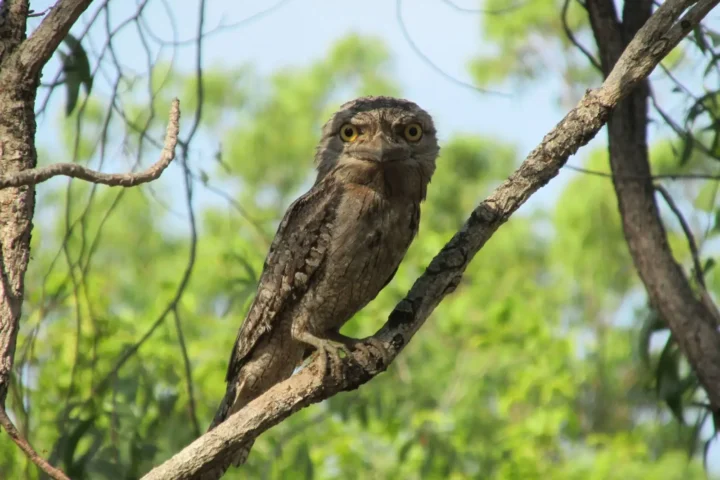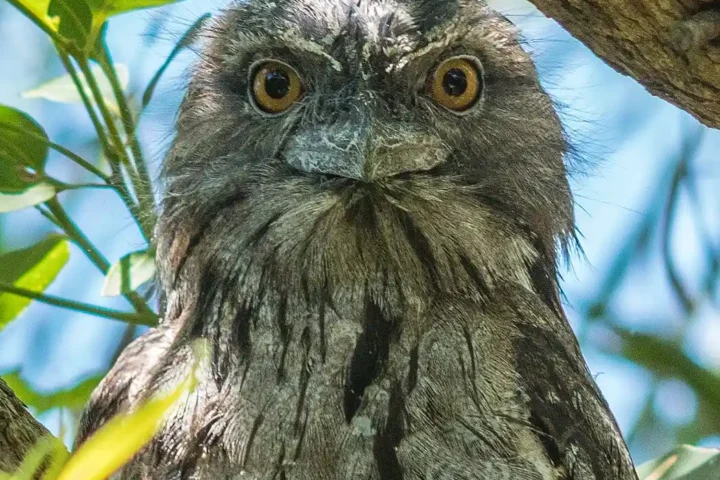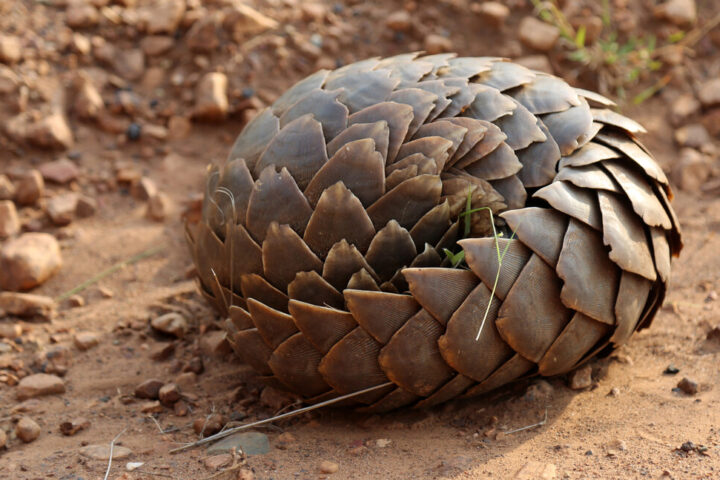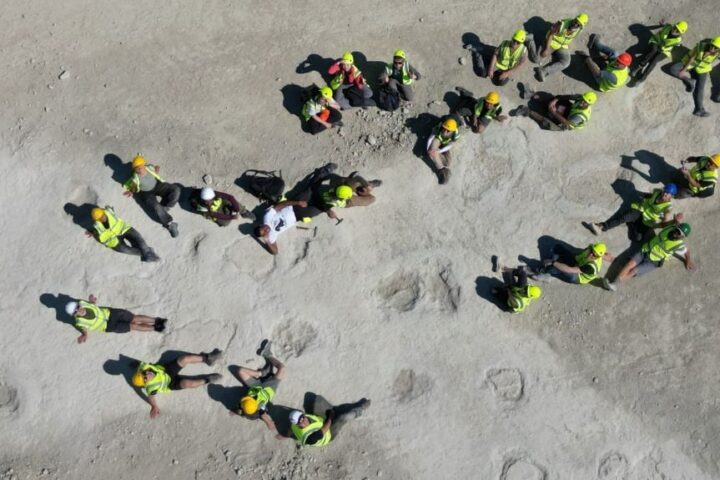Human activity today has disturbed multiple biomes, many species have gone extinct or are on verge of extinction. Human activity today is altering many ecosystems which are impacting the functioning of the earth. The Basking shark is an apex predator in the aquatic ecosystem but unfortunately, anthropogenic activity has endangered the basking shark. Basking sharks are the second-largest sharks found in cold water.
Some of the reasons for The basking shark being declared endangered species by the International Union for Conservation of Nature and Natural Resources are commercial fishing pressure and its extended reproductive cycle. The flesh and body components of this species were historically highly regarded. Intentional basking shark fishing has mostly ceased in recent years, and the species is now protected by North American and European governments. Basking sharks, on the other hand, are trapped in fishing nets as bycatch, and some countries continue to hunt them for their liver oil, which is used as an aphrodisiac and in cosmetics, and their fins, which are used in shark fin soup.
In Ireland, Basking sharks have been declared protected species and a code of conduct for ecotourism has been taken out by the Irish government. The decision was made on World Wildlife Day to coincide with a public campaign headed by the Irish Basking Shark Group, which collected more than 13,000 signatures on a petition requesting improved protection for the species.
Basking sharks are one among many species that need worldwide attention to survive in the changing world. Today the fish industry causes 100 million pounds of pollution every year and that is altering marine life. We collectively need to act to conserve our natural resources and save the animals who have every right to live a safe life on earth. The international community needs to follow the lead of Ireland and regulate their fishing industry to safeguard aquatic biomes.
